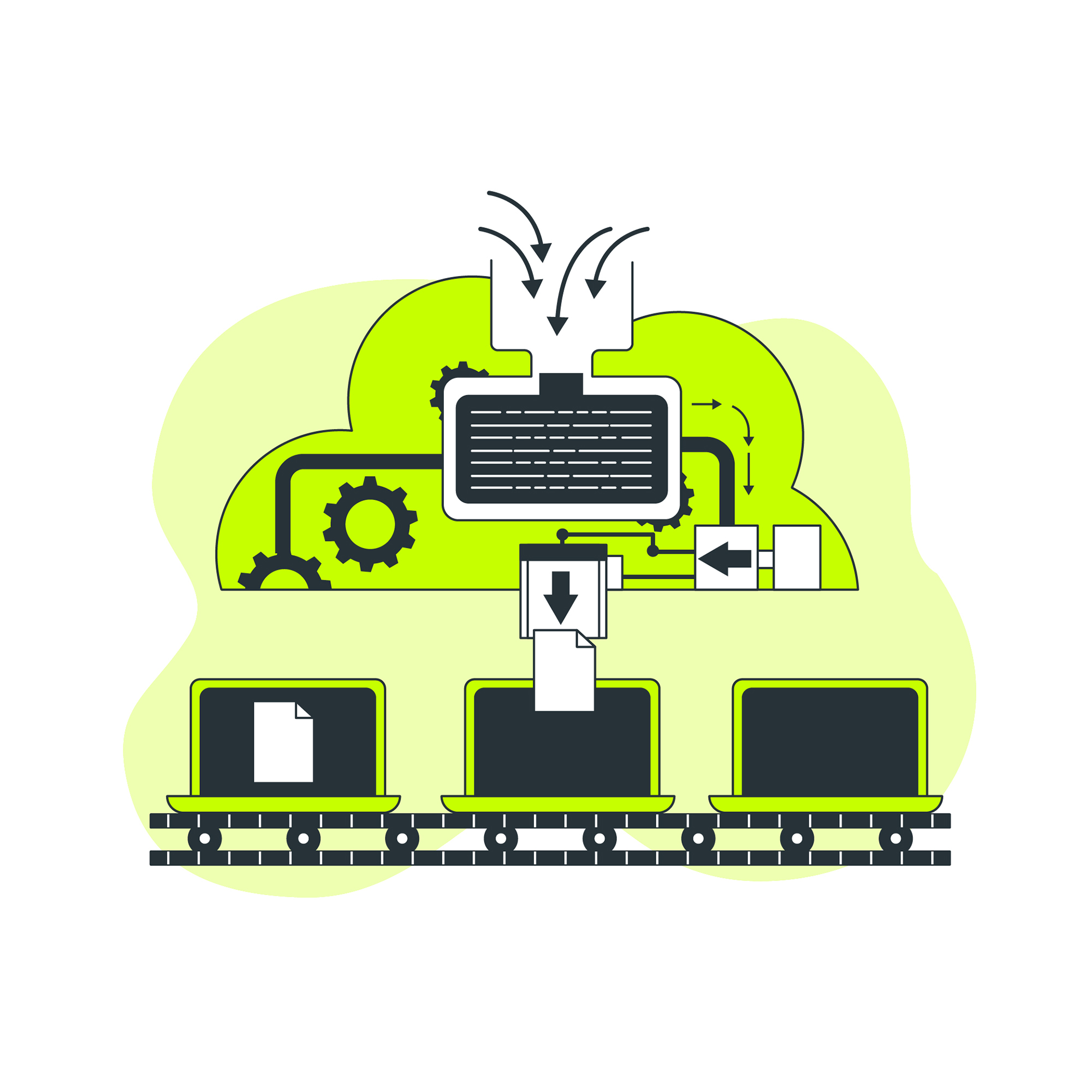DevOps is rapidly evolving. DevOps professionals are required to grasp a constantly developing toolbox, which includes continuous integration and continuous deployment (CI/CD), containerization, and infrastructure as code (IaC). But, let’s face it: not everyone can grasp every tool, concept, and framework at once. This is when Devops Proxy Support and Devops Interview Support come into play.
For many experts, the hurdles begin with the job interview, where they are pummeled with difficult technical questions and practical coding projects. Once hired, they will be assigned responsibilities that need hands-on experience with tools such as Docker, Kubernetes, Jenkins, and AWS. Fortunately, with the proper support system, overcoming these obstacles becomes much simpler.
DevOps proxy support provides real-time, on-the-job assistance to professionals encountering technical issues. Meanwhile, Devops Interview Support helps job seekers prepare for difficult technical interviews by providing mock interviews, feedback, and targeted coaching. In this essay, we’ll look at the concept, advantages, and procedure of proxy and interview support, to help you advance your DevOps career.

What is DevOps Proxy Support?
DevOps proxy support is a professional service in which experienced DevOps experts provide real-time technical help to professionals on the job. If you’re stuck on a hard activity, such as installing Jenkins, setting up a Kubernetes cluster, or debugging CI/CD pipeline issues, proxy support allows you to obtain immediate assistance from a senior DevOps expert.
Instead of wasting hours searching for answers on forums or Stack Overflow, DevOps proxy support offers live one-on-one help from specialists who have firsthand expertise with solutions like as AWS, Docker, Kubernetes, Terraform, and Jenkins. This assistance is critical for personnel working in DevOps jobs, where deadlines are tight and mistakes can result in costly production disruptions.
How Does DevOps Proxy Support Work?
Getting DevOps proxy support is a simple process. Here’s how it typically works:
- Request Support: Contact a service provider or freelance DevOps expert.
- Share the Problem: Explain the technical challenge you’re facing. This could be setting up CI/CD, configuring AWS, or debugging Kubernetes pods.
- Live Assistance: A DevOps expert joins you remotely (via Zoom, Teams, or other tools) and guides you through the task step-by-step.
- Real-Time Resolution: The expert either assists you as you complete the task or takes control (with your permission) to execute it themselves.
- Feedback and Learning: Learn from the experience and apply those skills to future tasks.
When Do You Need DevOps Proxy Support?
Here are a few situations where DevOps proxy support can be a lifesaver:
- Struggling with a Task: You’re stuck with a production error and need immediate assistance.
- Onboarding to a New Role: If you’re new to a company or role, proxy support helps you adjust faster.
- New Tools or Technologies: When working with unfamiliar tools like Terraform or Kubernetes.
- Time-Sensitive Deadlines: If a project deadline is approaching, you can avoid delays by getting real-time support.
Benefits of DevOps Proxy Support
Why should you consider DevOps proxy support? Here are some key benefits:
1. Real-Time Problem Solving
When you’re facing a technical roadblock, immediate help from an expert allows you to resolve issues quickly without wasting hours troubleshooting.
2. Meet Deadlines with Ease
Proxy support ensures that you stay on track with deadlines and avoid missed deliverables.
3. Learn While Doing
With proxy support, you’re not just getting the work done — you’re learning how to do it yourself. This makes you a more skilled DevOps professional.
4. Confidence Boost
Instead of feeling anxious or stressed when faced with technical challenges, you’ll have the confidence to tackle any task.
5. Build Expertise Over Time
Over time, you’ll gain hands-on experience with tools like AWS, Docker, Jenkins, and Kubernetes, enhancing your resume and career prospects.
What is DevOps Interview Support?
The DevOps employment market is extremely competitive, and interviews may be severe. Companies want for hands-on technical expertise, practical problem-solving abilities, and experience with DevOps technologies. Devops Interview Support help gives individualized coaching to applicants as they prepare for technical interviews.
Interview assistance helps you develop your technical knowledge and interview abilities by answering conceptual questions and tackling coding difficulties. It’s a practical method to enhance your confidence, develop great communication tactics, and secure a DevOps position with a top company.
How Does DevOps Interview Support Work?
The process for DevOps interview support is as follows:
- Initial Consultation: Share the job description of the role you’re applying for.
- Skills Assessment: Identify areas where you need improvement (Kubernetes, Jenkins, AWS, etc.).
- Mock Interviews: Simulated interviews where experts ask technical and behavioral questions.
- Feedback and Coaching: Receive feedback on your responses, technical skills, and soft skills.
- Post-Interview Support: If you need help after a real interview, you can schedule additional coaching sessions.
Benefits of DevOps Interview Support
Here’s why interview support is essential for DevOps job seekers:
1. Master DevOps Concepts
Understand the core concepts of DevOps, from CI/CD pipelines to Infrastructure as Code (IaC).
2. Mock Interview Practice
Practice with experienced interviewers who ask real-world technical questions.
3. Confidence Boost
Feeling confident during an interview is essential. Support sessions reduce nervousness and anxiety.
4. Learn to Tackle Coding Challenges
Be prepared for live coding assignments related to Bash, Python, or scripting.
5. Personalized Guidance
Get tailored advice specific to the job role, ensuring you meet the exact requirements of the position.
Key Skills Covered in DevOps Interview Support
When you enroll in a DevOps interview support program, you’ll be guided through essential topics like:
- CI/CD Pipelines: Using Jenkins, GitHub Actions, and GitLab.
- Containerization: Docker and Kubernetes deployments.
- Cloud Platforms: AWS, Azure, and GCP cloud environments.
- Infrastructure as Code (IaC): Using Terraform, CloudFormation, and Ansible.
- Scripting and Automation: Shell scripting, Python, YAML, and configuration files.
- Monitoring and Logging: Tools like Prometheus, Grafana, and ELK Stack.
Proxy Support vs. Interview Support: What’s the Difference?
| Criteria | DevOps Proxy Support | DevOps Interview Support |
|---|---|---|
| Focus Area | On-the-job task completion | Interview preparation and coaching |
| Who Needs It? | Working DevOps professionals | Job seekers or career switchers |
| Mode of Support | Real-time task support | Mock interviews and feedback |
| Tools & Tech | Jenkins, AWS, Kubernetes | CI/CD, Docker, scripting tasks |
| Benefits | Real-time guidance, faster deadlines | Confidence, job interview success |
Conclusion
The path to becoming a good DevOps engineer is fraught with difficulties, from handling complicated responsibilities at work to enduring grueling job interviews. DevOps proxy assistance guarantees that you never feel stuck by providing real-time technical help. Meanwhile, DevOps interview prep helps you prepare for the most difficult technical interviews.
These two services are vital for advancing your DevOps profession. Whether you’re dealing with workplace challenges or preparing for a life-changing interview, you don’t have to do it alone. Seek help, learn from professionals, and accelerate your progress in the competitive DevOps sector.
Begin with DevOps proxy and interview support today to reach your best potential as a DevOps professional! 🚀
Read More – Ayurvedic Capsules for Sexual Wellness – DURAUP
Read More – Guide to Men’s Leather Jackets in the UK






